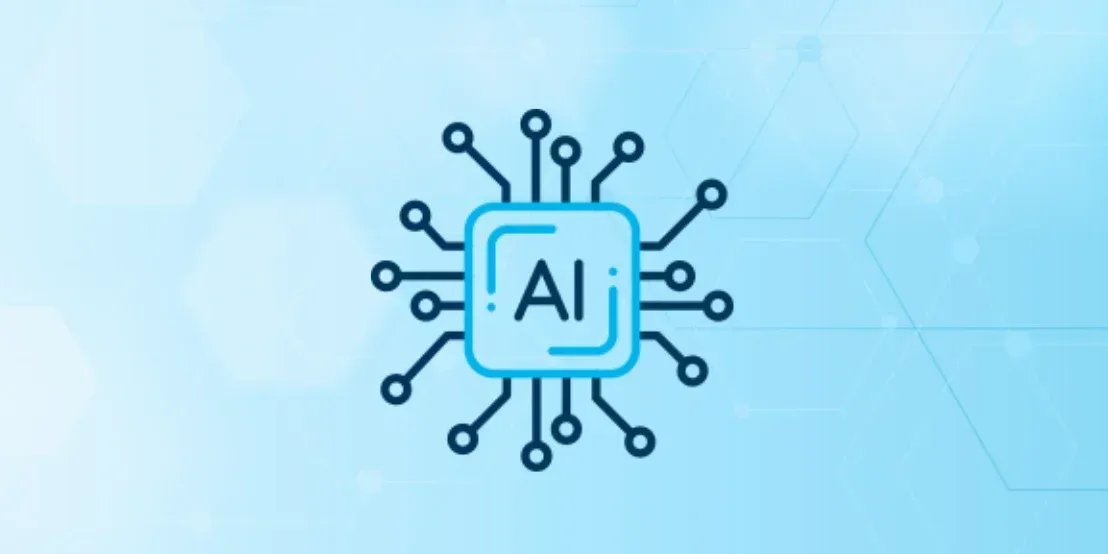In the ever-evolving healthcare technology landscape, generative AI (GenAI) has emerged as another excellent tool in our existing “healthcare AI toolbox.”
Companies like Xsolis have deployed predictive AI healthcare tools for nearly a decade. Now, paired with GenAI capabilities, we can maximize benefits to customers, offering healthcare providers and payers more actionable insights into care delivery. The powerful combination of these tools could reshape how we approach patient care, streamline operations, and tackle some of the industry’s most pressing challenges.
As we navigate this exciting frontier, it’s crucial to understand both the immense potential and the careful considerations required to harness GenAI responsibly in healthcare settings.
Streamlining Healthcare Administrative Processes
One of GenAI’s most immediate and impactful applications in healthcare is streamlining administrative processes. The American Hospital Association reports that administrative costs now account for more than 40% of hospitals’ total expenses in delivering care to patients. GenAI can dramatically reduce this burden by automating routine tasks, from scheduling to billing.
For example, GenAI can assist in:
- Generating and summarizing clinical information for initial review and continued stay review
- Creating clinical summaries for appeal letters
- Summarizing and preparing Physician Advisor summaries to facilitate status determination and Peer-to-Peer prep process
- Automating prior authorization processes (also known as prospective review)
By taking on these time-consuming tasks, GenAI allows healthcare professionals to focus more on what matters most: patient care.
Optimizing Revenue Cycles and Utilization Management
Applications of generative AI in healthcare have the potential to significantly benefit organizations’ financial stability. By quickly analyzing vast datasets, GenAI can identify missed revenue opportunities, improve claim approval rates, and reduce avoidable denials. This functionality is particularly crucial given recent data showing that care denials increased by an average of 20.2% for commercial claims and a staggering 55.7% for Medicare Advantage claims between 2022 and 2023.
In many cases, patients cannot afford the cost of denied claims, placing financial burdens on themselves and the providers who have already administered their services. Managing denied claims is an expensive problem that costs hospitals and health systems $19.9 billion a year, according to a recent study – more than half of which is seemingly unnecessary, since 54% of denials are ultimately overturned, according to the same study.
In utilization management, Xsolis supports more data-driven decision-making throughout the care continuum with predictive AI solutions, and its GenAI solutions will deliver even more alignment and efficiency to clients. Processing and summarizing complex medical information can help ensure patients receive the right care at the right time while optimizing resource allocation for healthcare providers.
It also improves the accuracy and completeness of patient records, enabling clinical decision-makers to align on medical necessity from the start, thereby reducing unnecessary administrative burden shouldered by care providers.
Enhancing Communication and Alignment in Care Delivery
Another exciting prospect is GenAI’s potential to facilitate better communication and alignment between provider groups, case management, utilization management or physician advisor teams, as well as between health systems and health plans — which dovetails nicely into Xsolis’ known proficiencies, increasing alignment via its Care Level Score, which is fueled by predictive AI.
When GenAI is layered on, it can further ensure that all stakeholders are on the same page regarding medical necessity decisions by generating concise summaries of complex medical cases.
Breaking Down Silos and Enhancing Efficiency
Finally, one of the most promising aspects of AI in healthcare is its ability to break down long-standing silos between providers and payers. By leveraging vast amounts of unstructured data – from clinical notes to claims and outcomes data – predictive analytics and machine learning can create a more holistic view of patient care and organizational operations. Xsolis already saves its users, on average, around two hours a day with its predictive Care Level Score and communication tools that put care teams on the same page. In other words, shared, objective analytics create the potential for both groups of stakeholders to “speak the same language,” effectively breaking down long-held data silos.
Consider how long it takes a provider and their supporting staff to review clinical documentation and determine the appropriate next steps in a patient’s care. Then, add the time to verify that these services align with negotiated health plan thresholds and contracts. This time- and resource-intensive system isn’t sustainable for providers or health plans and can hinder positive, cost-effective health outcomes.
Generative AI excels in its abilities to rapidly generate concise and comprehensive summaries of vast quantities of information.
Xsolis’ Dragonfly platform is well-positioned to integrate GenAI into its predictive AI capabilities by synthesizing clinical data to efficiently identify and support medical necessity decision-making. Thus, provider teams can reallocate even more time savings to patient-centric activities, such as discharge planning.
Dragonfly’s GenAI can also simplify concurrent reviews, allowing patients to move more efficiently through their care journey. Increased alignment between care teams also reduces avoidable denials, along with the unnecessary back and forth during retrospective reviews.
The Future of Generative AI in Healthcare
Integrating technologies is an ever-evolving journey, as industry needs and regulations change over time – and AI technologies are no exception. Generative AI use cases in healthcare have emerged where AI has clear, demonstrable value. While the industry also holds a cautiously optimistic view of GenAI, the latest AI tool’s potential to create more efficient, effective, and patient-centered care is undeniable.
By integrating this technology into existing predictive capabilities and responsibly managing these powerful tools, we can work towards a healthcare system that truly puts patients and members first, while empowering health systems and health plans and optimizing operational efficiencies for both groups of stakeholders.
Interested in learning more about how Dragonfly’s GenAI capabilities could improve operations at your hospital or health system? Schedule a consultation with one of our experts today.
Consultation Page